This might be a bit off-topic for this blog, but since I've told you about my PhD, I will of course answer your questions! So here's some more info about doing a PhD in general, and a bit about my research.
Table of contents
What does it mean to do a doctorate?
A doctorate is a research programme lasting about 4 years. You have a basic education (e.g. doctor, physiotherapist, economist) and then you become a admitted as a doctoral student at a university. As a doctoral student, you are responsible for your own, or a limited part of a larger, research project, but are supervised by senior researchers.
Halfway through the process, they organise a mid-term seminarwhich is meant to be both a check and a help to stay on track. You also take some courses during your time as a doctoral student, for example in various research methods. Being a doctoral student is both an education and a job, so you have a salary, but often a rather low one.
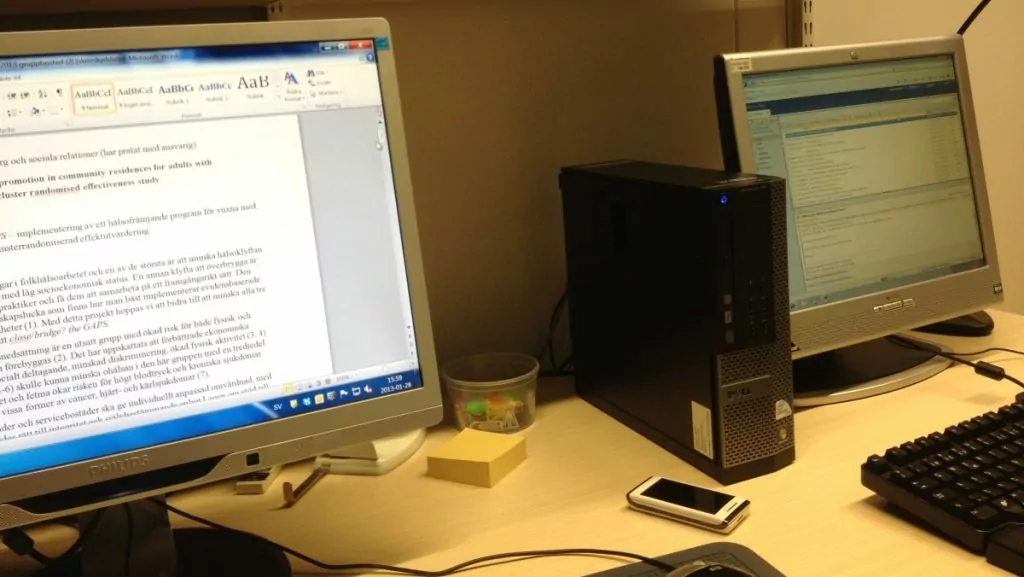
What is a thesis?
The thesis is the result of the research. A thesis often consists of 3-5 articles (separate studies published in international scientific journals) and a jacket (a framework story, which ties everything together with a common thread). Once the dissertation is completed and printed, it is "nailed" to a designated wall, ready to be defended.
"Must be nailed"
Now we're not talking about crafts and construction, but studies and research. When a thesis is finished and printed, it has to be 'nailed', which mine was yesterday! For those of you who are not familiar with the academic world, this means that you first take it to a representative who checks that all the formalities are correct and writes "Must be nailed" on the thesis.
After that, you go to the library, where you get a gold nail (jojomensan) and a hammer, and you nail it to a designated wall. Only after this can the thesis be nailed. Yes, there are a lot of traditions in this world! But it's nice that it's finished. Now it's "only" the actual defence that remains...
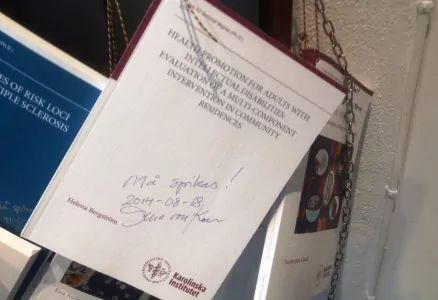
What is my research about?
I have evaluated a method for supporting adults with mild-to-moderate intellectual disabilities, who live in group homes or sheltered housing, to develop good eating and exercise habits. It is a so-called "randomised controlled trial", which means that there is a control group to compare the results with.
I have evaluated the impact (physical activity, eating habits, BMI, waist circumference, life satisfaction and staff work practices) and the process (participation and qualitative aspects through observations, interviews and group discussions).
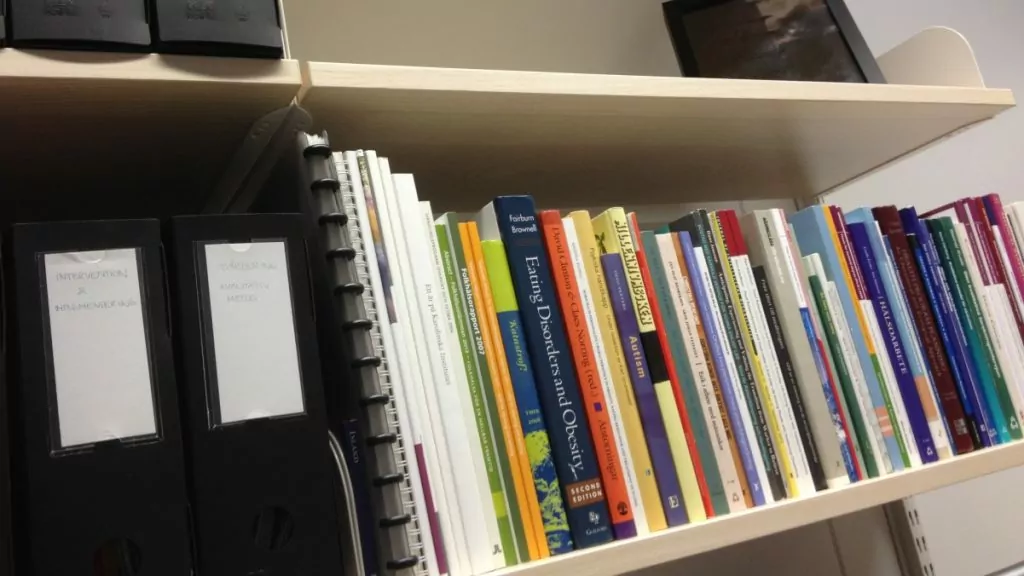
What do you become when you have a doctorate?
You receive a doctorate in the subject you have researched. After completing your doctorate, you can continue your research and pursue an academic career. You will start as a post-doctoral researcher at a university, and may later become an associate professor or professor.
If you don't want an academic career, you can apply for regular jobs in the public or private sector. A doctoral degree often allows you to apply for better positions, sometimes requiring a doctoral degree (i.e. a PhD).
What do I have a doctorate in?
At Karolinska Institutet, all doctoral students become Medicine Doctor. I find it a bit confusing because it sounds like you are a doctor, which I am not. I am a leg. occupational therapist and have a Master's degree in public health. My thesis is in the field of public health sciences.
Public health studies the health of the population, how it develops and how it is distributed between different groups in society. It can also work on interventions to improve the health of those groups that are less well off.
What should I do when I finish?
I have a job as an administrator in Stockholm County Council (at a centre working on public health issues). I can continue there, hopefully with better pay and more interesting tasks in the future. Otherwise, I can apply for other positions. For me, the most relevant are public sector jobs at government agencies or county councils, or possibly further research. But anyway, the idea is to go travelling first ...
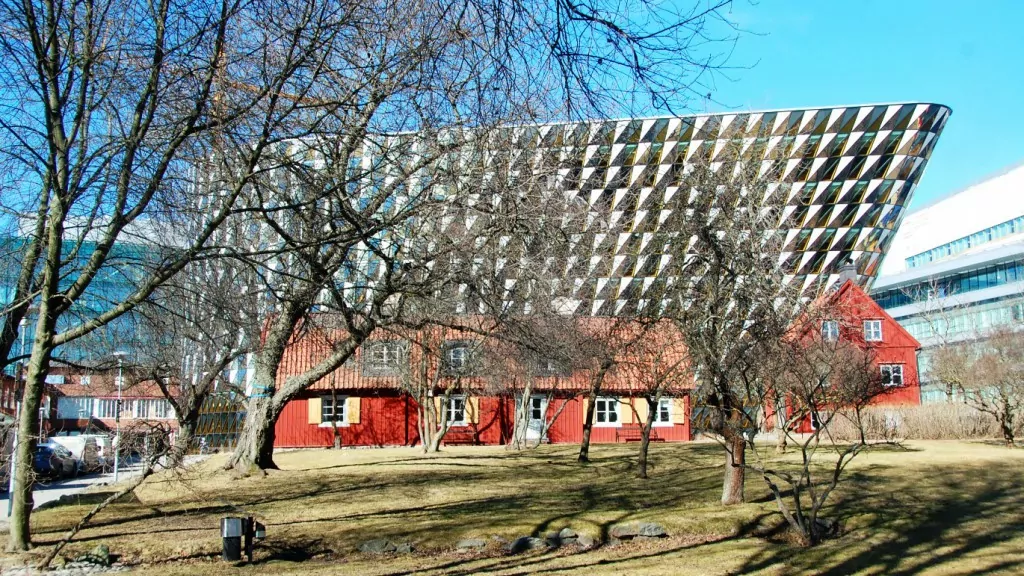


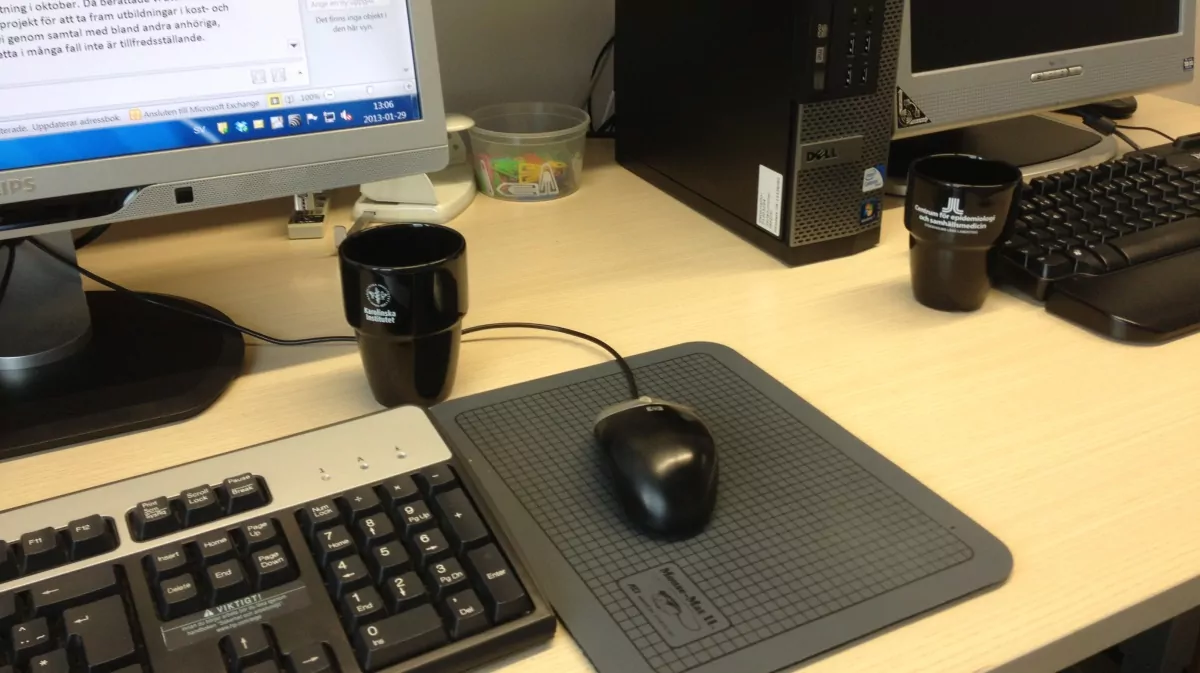











BP says:
Thank you Helena! That was really, really interesting to read! Great fun that you took the time to answer all these questions. So much you do not know / knew.
19 August 2014 - 11:10
Ditte says:
It is great to read more about your job and your thesis and how it all works and what happens now that you have finished. I know that there is a lot of work behind everything and I wish you all the best.
And I don't want to miss the defence.
19 August 2014 - 11:57
Marina says:
Thank you for all that information. So exciting and interesting to be able to do a PhD in something you are really interested in. The fact that you then expect to be able to travel a bit before the job calls, I think is fantastically right reasoning!
19 August 2014 - 15:31
Mr Steve says:
Thank you for the exhaustive and instructive lesson.
19 August 2014 - 15:47
admin says:
BP, that was a bit long, but I have tried to explain anyway.
😉
Ditte, it can be slightly different for different people. If you only have a doctoral student position, the future can be very uncertain, but I also have a permanent position in the county council.
Marina, yes, we really hope we will make it happen with this trip!
Steve, yes it was a long story perhaps, haha, but for those who wanted to know a little more
😉
20 August 2014 - 9:43
Across the board says:
Good job. 4 years is quite a long time .... Good luck with your future endeavours 🙂 .
21 August 2014 - 8:11
ActiveDays says:
What a great description! Interesting!
23 August 2014 - 18:43